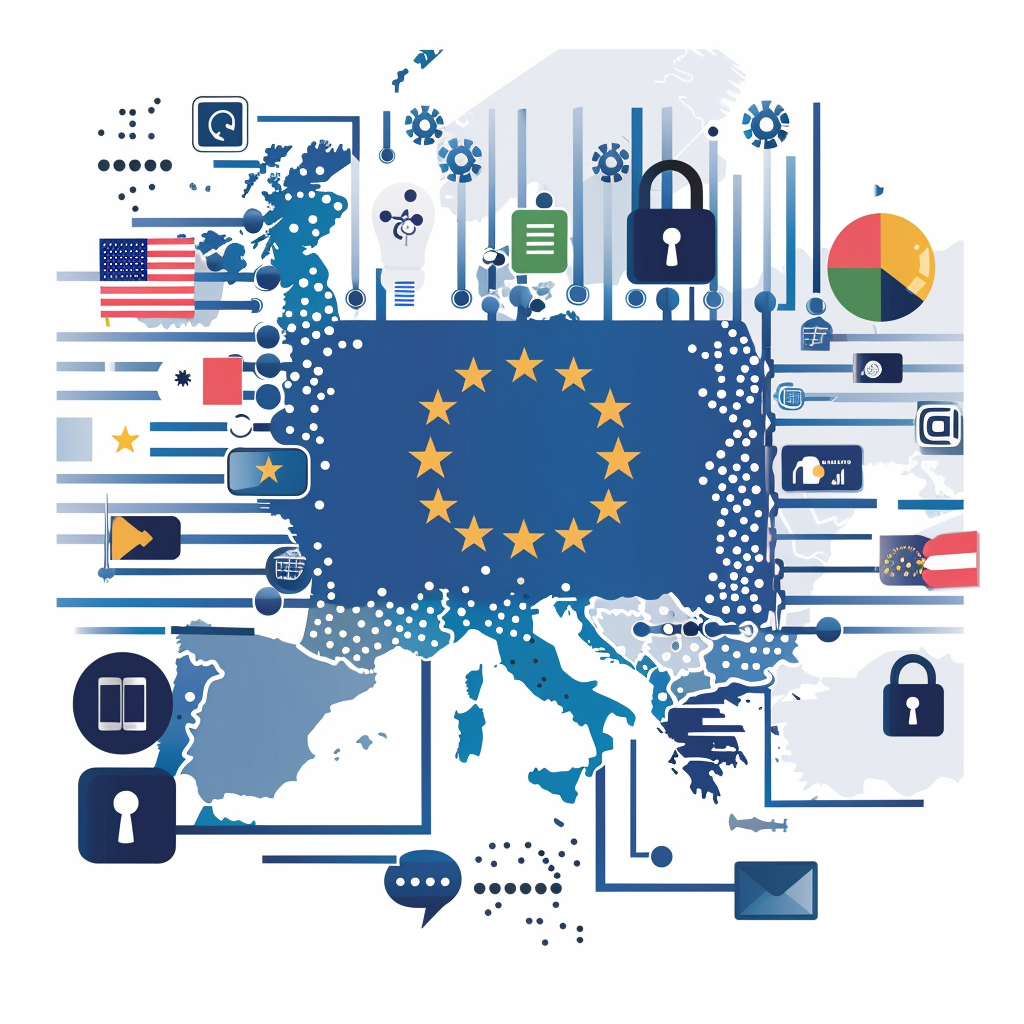In a world increasingly driven by artificial intelligence, Europe finds itself at a crossroads. Major tech companies like Meta and Apple have recently decided to withhold certain AI models from the European market. This decision predominantly affects Meta’s latest multimodal AI models, which integrate various data types such as video, audio, and text. Similarly, Apple has opted to exclude the EU from accessing some of its advanced AI functionalities. These moves are largely a response to the EU’s stringent privacy and data protection regulations, which we will delve into further.
Regulatory Concerns
At the heart of the issue are the EU’s robust privacy laws, such as the General Data Protection Regulation (GDPR). These laws set rigorous standards for how personal data must be handled—collected, processed, and stored—which presents significant hurdles for AI models that depend on large datasets for effective training. Pending legislation may add layers of complexity, targeting more detailed aspects of AI such as bias and transparency in algorithms.
Impact on Consumers and Businesses
The implications for consumers are significant; they stand to miss out on the latest AI-driven enhancements that could refine and enrich their digital interactions, from improved personal assistants to smarter content recommendations. For businesses, this regulatory environment places EU-based firms at a competitive disadvantage, restricting their access to technologies readily available in less regulated markets. This not only widens the technological gap but also potentially undermines the EU’s stance in the global digital economy.
Comparison with Other Regions
Contrasting the EU’s cautious stance, regions like the US and Asia are swiftly embracing AI innovations with fewer regulatory impediments. This freedom allows companies within these regions to expedite the rollout of new models, thereby leveraging the economic advantages of AI more effectively.
Future of AI in the EU
The ongoing regulatory challenges might suppress AI innovation in Europe or alternatively, steer it towards new trajectories. There is potential for the development of AI models that adhere to EU regulations, fostering a distinctive AI ecosystem that prioritizes data privacy and protection.
Possible Solutions and Alternatives
The future may hold possible compromises. Technological advancements such as improved anonymization methods or federated learning could enable AI models to train on extensive datasets without infringing on individual privacy. Some companies are already pioneering efforts to craft AI systems that comply fully with EU regulations, potentially setting a benchmark for the industry.
As the dawn of digital innovation spreads globally, Europe’s horizon appears momentarily overshadowed by regulatory challenges. The decisions by Meta and Apple to restrict their AI models underscore a critical moment for the EU. Striking a balance between fostering innovation and maintaining strict privacy standards will be crucial. Moving forward, a collaborative effort between tech giants and regulators will be essential to cultivate a digital landscape where innovation flourishes alongside fundamental rights.


